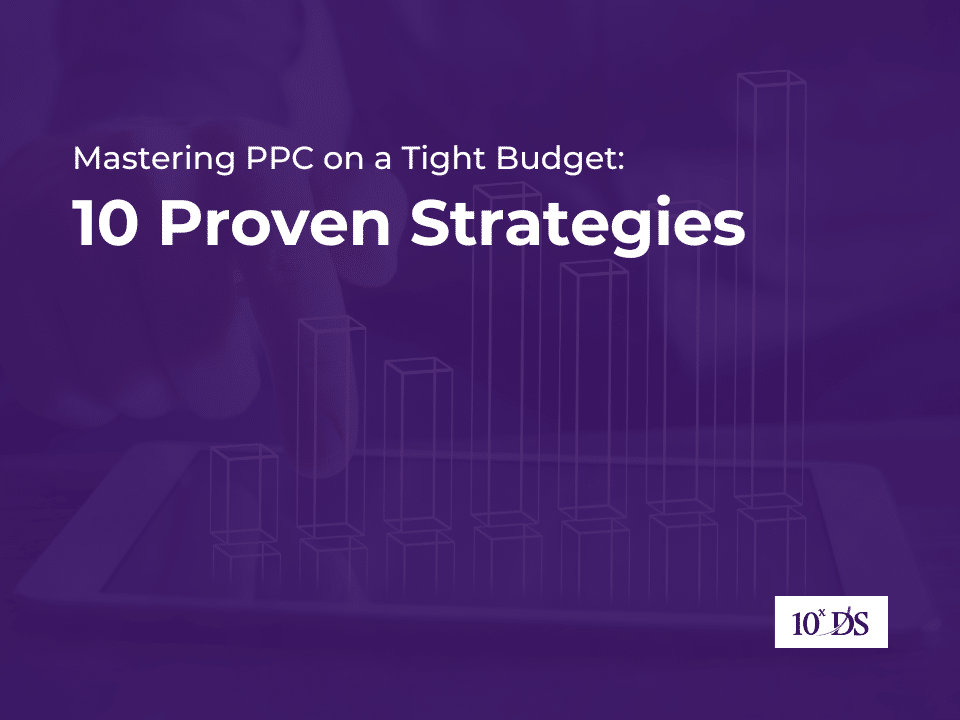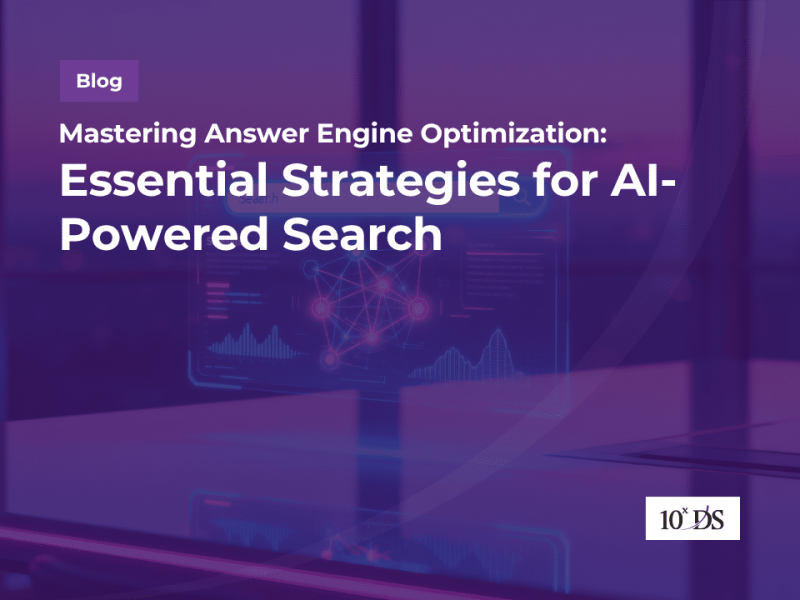
Mastering PPC on a Tight Budget: 10 Proven Strategies
Pay-per-click (PPC) advertising is a powerful tool for driving traffic and conversions, but many businesses shy away from it, thinking they need a large budget to see results. The truth is, even with a small PPC budget, organizations can create highly effective campaigns if you’re strategic and focused. If companies are looking to maximize the impact of your small PPC budget, these 10 tips will help to get the most out of every dollar.
1. Start with a Clear Goal
The foundation of any successful PPC campaign, especially on a small budget, is having a clear goal in mind. Whether it is aiming for brand awareness, lead generation, or direct sales, defining goals upfront helps organizations focus the budget on the most relevant keywords, platforms, and audiences, ensuring every cent contributes to your main objective.
2. Focus on High-Intent Keywords
When working with a small budget, organizations need to be selective about which keywords they bid on. Avoid broad or highly competitive keywords, which can drain the budget quickly. Instead, focus on long-tail keywords that indicate a strong intent to convert. These are typically lower in cost and higher in relevance to the company’s specific audience.
For example, instead of targeting the keyword “shoes,” try “affordable running shoes for women.” This long-tail keyword has less competition and is more likely to attract users ready to make a purchase.
3. Leverage Geo-Targeting
If the business serves specific geographic locations, limit the ads to those areas. By narrowing the focus to a specific region or city, companies can ensure that the ads reach the right audience, reducing wasted spend on clicks from users outside the service area. Geo-targeting helps to stretch PPC budget by showing the ads only to people who are most likely to convert.
4. Use Ad Scheduling
Ad scheduling allows to control when the ads are shown. If the organization knows the audience is most active during specific hours, this feature can be used to ensure that ads only appear during those times. This avoids spending money on clicks during periods when the target audience is less likely to engage or convert. For example, if a person is running a local restaurant, running ads during lunch and dinner hours can give the better results.
5. Optimize Landing Pages
A well-optimized landing page can make or break the PPC campaign. Ensure that the page the ads direct users to is highly relevant to the ad content, loads quickly, and provides a clear call-to-action (CTA). A better user experience on the landing page leads to higher conversion rates, allowing organizations to make the most of a small budget by turning more clicks into conversions.
6. Use Negative Keywords
Negative keywords are essential for filtering out irrelevant traffic. These are keywords for which organizations don’t want the ad to appear. By adding negative keywords to the campaign, organizations prevent ads from being shown to users who are unlikely to convert, saving money and increasing the relevance of clicks.
For example, if a company is selling high-end luxury watches, they might want to add “cheap” as a negative keyword to avoid paying for clicks from users searching for low-cost options.
7. Test Multiple Ad Variations
Even with a small budget, testing multiple ad variations (A/B testing) is crucial. Create different versions of your ad copy, headlines, and CTAs to see which one resonates the most with your audience. By continuously testing and refining, you’ll learn what drives the best results, allowing you to invest your budget in ads that perform the best.
8. Focus on One Platform Initially
While it might be tempting to advertise across multiple PPC platforms like Google Ads, Facebook Ads, and LinkedIn Ads, spreading the budget too thin can limit the impact. If it is a small budget, it’s better to focus on just one platform where the audience is most active. Mastering one platform will allows to get the most out of the limited resources before expanding to others.
9. Monitor and Adjust Regularly
PPC campaigns require ongoing attention. Regularly check the performance of your ads, keywords, and budget allocation. Adjust bids, pause underperforming ads, and refine targeting based on data insights. A hands-on approach ensures that organizations are not wasting the budget on ineffective ads and can help spot new opportunities for improvement.
10. Use Remarketing to Capture Missed Opportunities
Remarketing (or retargeting) allows to show ads to people who have previously visited the website but didn’t convert. This is a great strategy for maximizing the value of existing traffic and converting users who are already familiar with your brand. Remarketing ads are generally more affordable and can yield a higher return on investment, making them a great tactic for small-budget campaigns.
A small PPC budget doesn’t mean small results. By focusing on precision targeting, optimizing campaigns, and being strategic with every decision, organizations can create high-impact ads that generate significant results. Remember, the key is not just spending money but spending it wisely. Follow these tips, and organizations will be able to make the most of the PPC budget, no matter how small it may be.
Talk to our Experts to learn more!


